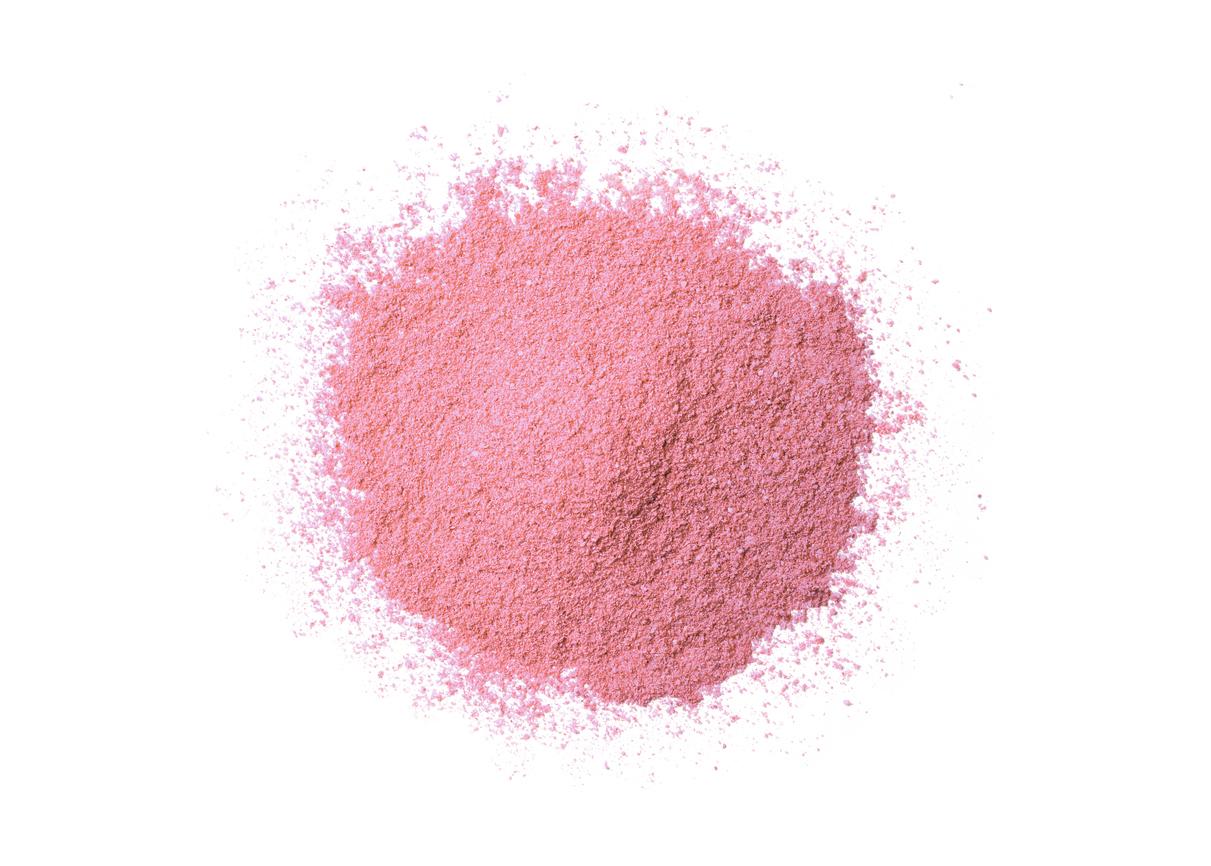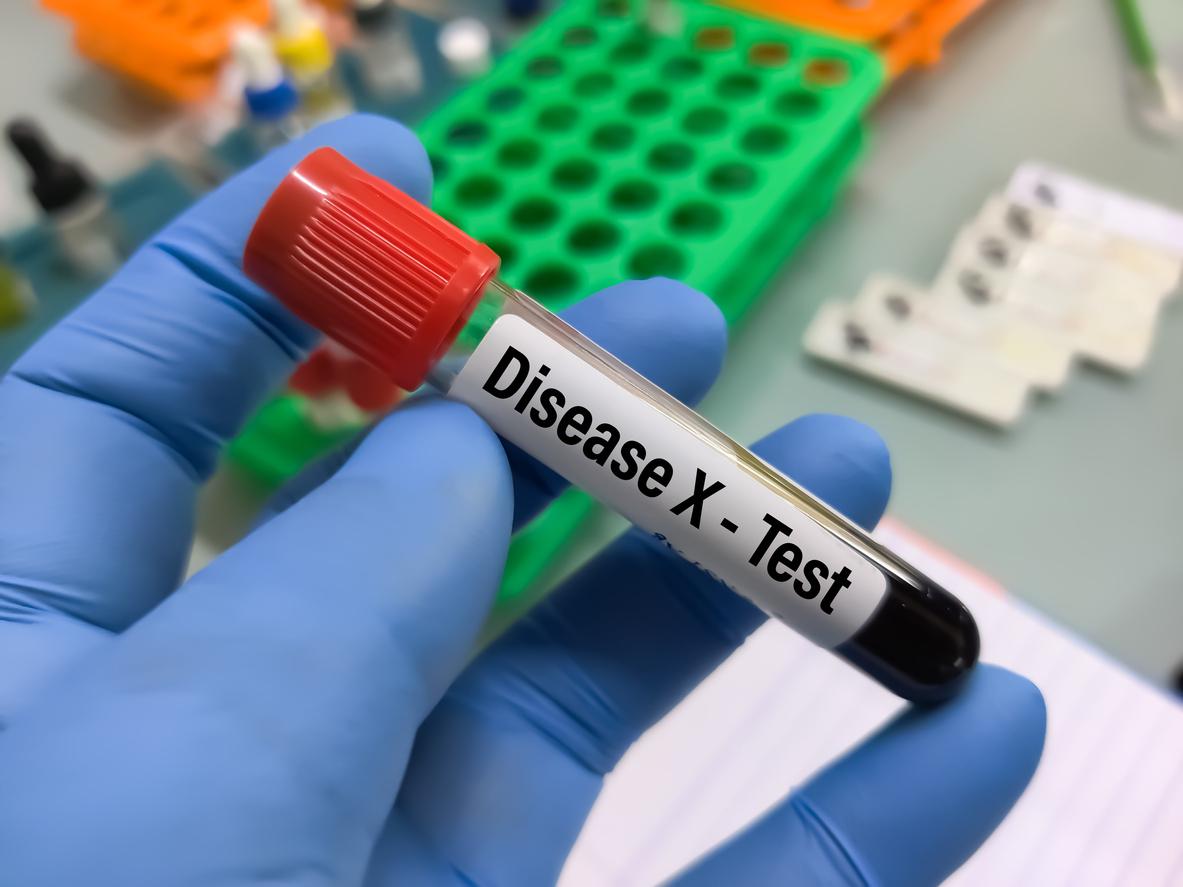The same drug for both forms of the disease: this is the hope aroused by a molecule in the management of multiple sclerosis (MS). Researchers from eight countries and sixteen different universities tested ocrelizumab, a monoclonal antibody, in both forms of MS and obtained encouraging results.
In this autoimmune disease, the body’s immune system attacks the patient’s cells, which in turn destroy the myelin in the brain. This substance is essential to allow the passage of information between neurons. This poor transmission causes muscle, balance and vision disorders and sometimes irreversible disabilities. MS exists in the primary progressive form in which the symptoms worsen over time, and the relapsing form which evolves by flare: disorders appear then regress in a few weeks.
Two tests with similar results
The first study published in the New England Journal of Medicine followed patients aged 18 to 55 with the relapsing form for two years. Those who received ocrelizumab had half as many relapses as those treated with interferon beta, the current drug used in this form. They also experienced less worsening of their symptoms. According to the scientists, the antibody works by suppressing B cells, a form of immune cells. However, serious adverse effects have been observed, such as more frequent infections, sometimes severe, and the occurrence of cancers.
In the second study published in the same review, 732 patients with the progressive form were divided between the new molecule and a placebo drug, without active ingredient. Ocrelizumab was also more effective, although it had the same side effects. For researchers, the challenge is therefore to reduce the disadvantages associated with this treatment. Other research will be necessary but this work has already made it possible to highlight the role of B cells, which could be studied in more detail.
Also to read
Multiple sclerosis: soon a testosterone-based treatment?
Multiple sclerosis: towards a reversal of symptoms?
Discovery of an antibody against multiple sclerosis


















